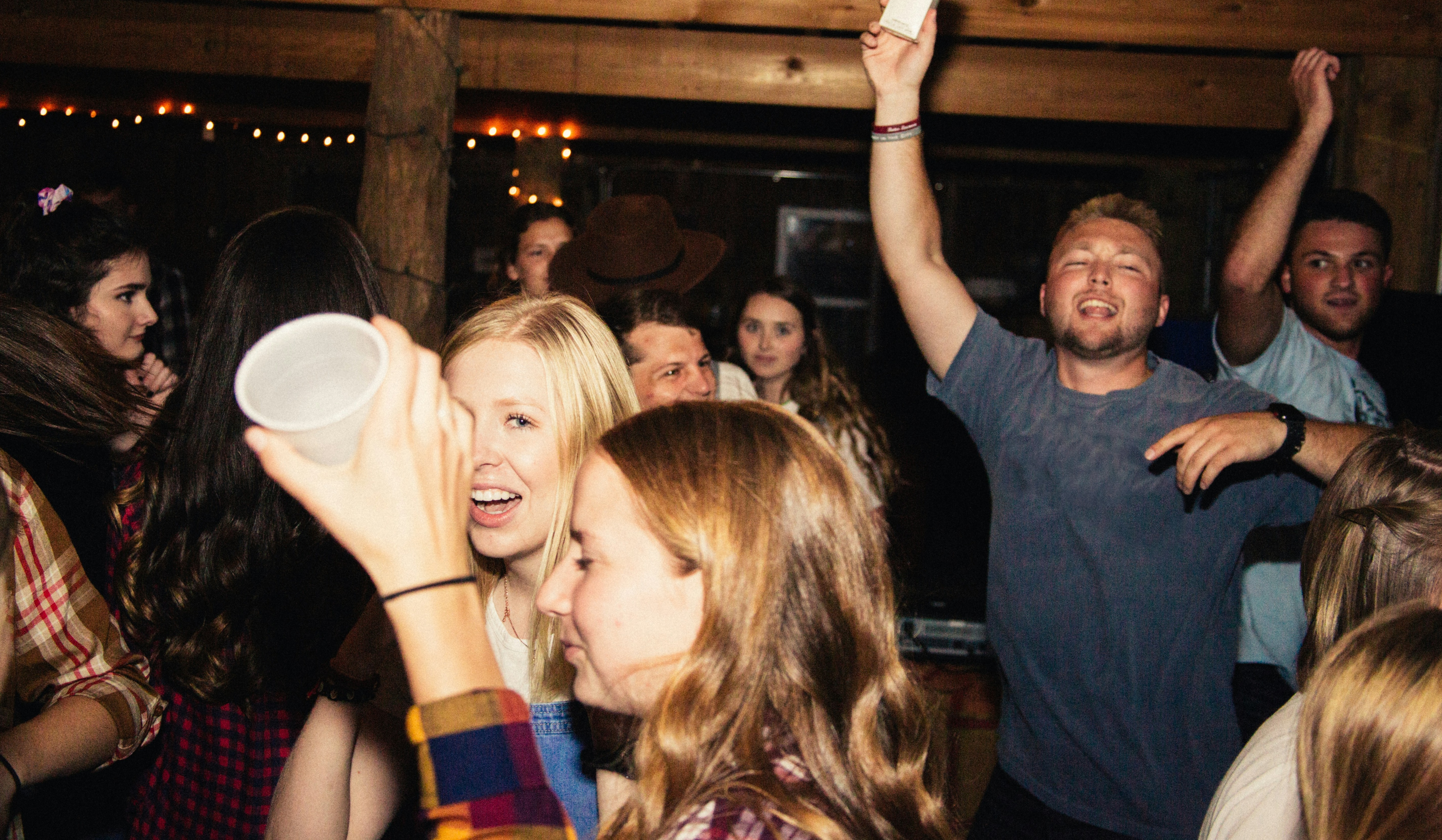Sign up for our information-filled email newsletter

The Spike In Teen Alcohol Abuse During Summer And How to Combat It

At International Survey Associates, our mission is driven by our commitment to improving the lives of young people by providing actionable data to key stakeholders in communities and schools. This month, we are diving headfirst into the spike in teen alcohol abuse that occurs during these “dog days” of summer and how parents and educators can reasonably combat it.
As summer hits its high note, many teenagers find themselves with more free time, fewer responsibilities, and increased opportunities for socializing. While this period can be a time for positive growth and many lifelong memories, it also brings with it a notably heightened risk of teen alcohol abuse. Think about it: when we were in high school, many of our fun social memories of hanging out with friends probably occurred when we didn’t have sports practice, music lessons, classes, and schedules. The Substance Abuse and Mental Health Services Administration has found thousands of teens try alcohol, cigarettes, and marijuana for the first time at the highest rates in June and July. It is essential for parents, educators, and community leaders to understand the various causes of this seasonal spike and implement effective strategies to combat it.
As aforementioned, one of the primary reasons for increased teen alcohol abuse during summer is the abundance of unsupervised free time. Without school structure, teens have more unstructured hours on their hands. This free time can lead to boredom and idleness, which some teens may attempt to alleviate by seeking out alcohol. Additionally, summer is a peak season for parties, barbecues, and other social events where alcohol is often present. Teens may feel more pressure to drink in these environments, especially if they see their peers doing so. Moreover, with parents often working and teens having more freedom to go out with friends, the level of adult supervision decreases. This lack of oversight can make it easier for teens to access and consume alcohol.
The desire to fit in with peers can be particularly strong during summer. Teens may feel pressured to drink to be accepted or to appear “cool” in social settings, especially when they’re with older teens. Some may also use alcohol as a coping mechanism for dealing with anxiety, stress, or other emotional issues that are more readily felt when the structure of school is taken away.
One of the most effective ways to prevent teen alcohol abuse is through open and honest communication. Parents should talk to their teens about the risks and consequences of alcohol use; creating a safe space for these conversations can encourage teens to share their thoughts and concerns. Establishing clear rules about alcohol use and the consequences of breaking them can help set boundaries. Parents should be explicit about their expectations and consistently enforce the rules while also being aware that it is very likely their child will be exposed to it if they are relatively social.
Keeping teens engaged in positive activities can reduce the likelihood of them turning to alcohol out of boredom. Encouraging participation in sports, arts, volunteer work, or other hobbies can provide a sense of purpose and fulfillment. While allowing teens independence is important for their social development, maintaining a certain level of supervision can help prevent risky behaviors. This includes checking in regularly, knowing their friends and plans, and setting curfews.
Education is a powerful tool in prevention. Schools, community organizations, and parents should work together to provide teens with accurate information about the dangers of alcohol abuse, including its impact on health, safety, and future opportunities. Encourage teens to build friendships with peers who have similar values and who are not interested in alcohol use. Positive peer pressure can be a significant deterrent against drinking.
Teens often emulate the behaviors they see at home, so parents should model responsible alcohol use and demonstrate healthy ways of coping with stress and social pressures. Ensuring that teens have access to resources for help and support if they are struggling with alcohol use or peer pressure is important to take note of in the long term. This can include counseling services, support groups, and educational programs. Community programs that provide safe and engaging environments for teens can play a significant role in substance use prevention. These programs can offer supervised activities, mentoring, and education that help steer teens away from alcohol use.
The spike in teen alcohol abuse during the summer months is a complex issue with multiple contributing factors. However, it is possible to combat this problem with awareness and proactive strategies, including community-wide efforts. By fostering open communication, setting clear expectations, encouraging healthy activities, and providing adequate supervision and education, we can help teens make safer, healthier choices. If you would like more information on issues like general behavioral stress, depression, addiction, or other mental health-related issues in your communities, International Survey Associates offers many options to fit various needs.
Resources
https://www.addictioncenter.com/community/spike-teen-alcohol-abuse-summer/
https://www.alcoholrehabguide.org/blog/summer-binge-drinking/

- Substance Use Prevention in Youth Heading Into Summer
- Substance Use Prevention and Resources
- The Impacts of ADHD on Youth Substance Abuse
- How the Mental Health Professional and Teacher Shortage Affects Students
- Student Challenges Over Summer 2022




